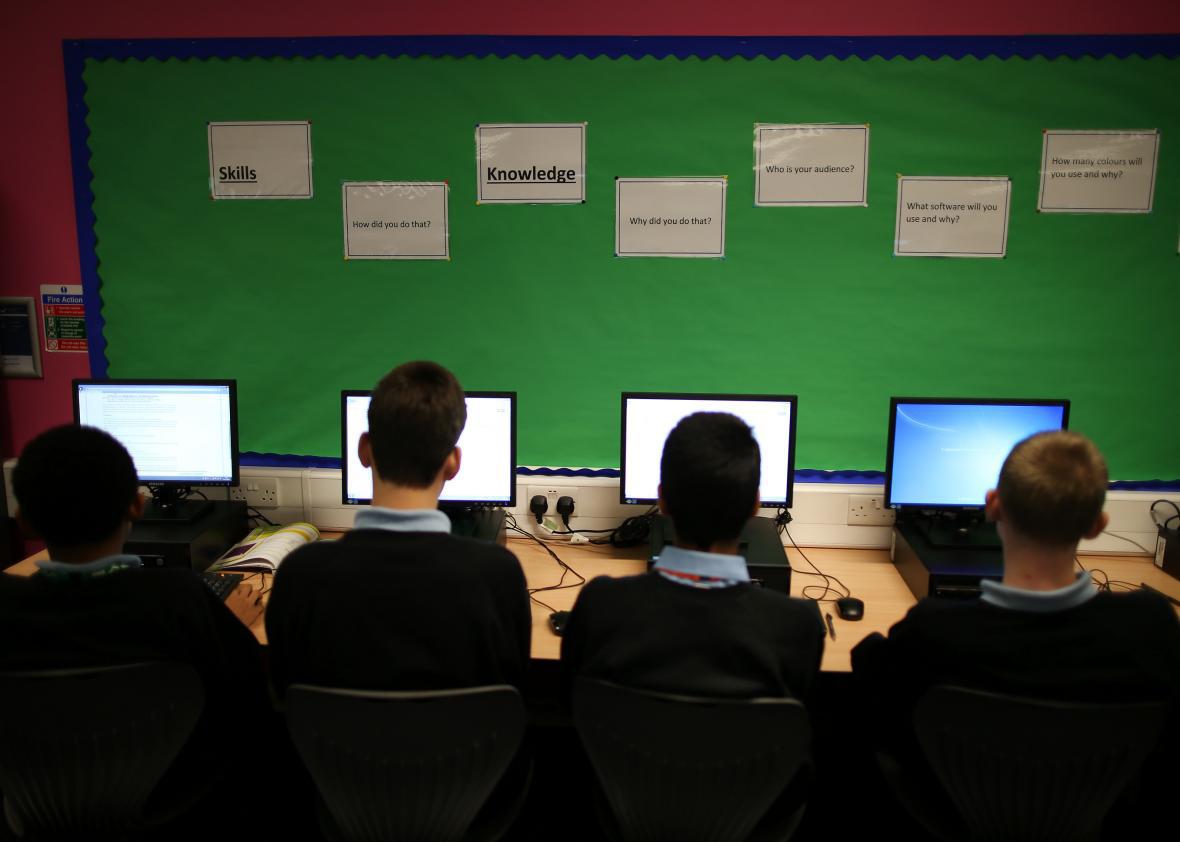The New Zealand Ministry of Education has introduced a revised curriculum that would require schools to teach children how to program computers before the time they reach high school, Radio New Zealand reports.
On Wednesday, the Ministry of Education released a draft of the initiative that lays out plans to further incorporate digital technologies into the technology-learning area curriculum. The government is now accepting input from the public about the proposed change.
The draft spells objectives for where students should be at certain points in their education. For instance, by the end of Year 10, students ought to “be able to use a range of software to develop and combine digital content to create an outcome,” and by the end of Year 13, the final year of secondary education, they will be able to “effectively apply a refined, iterative development process to develop quality, fit-for-purpose digital outcomes that meet design specifications.” They hope to incorporate these new strands into the education system by the beginning of 2018.
According to Radio New Zealand, Paul Matthews, the chief executive of New Zealand IT Professionals, said that the digital divide is no longer about who has technology and who doesn’t—instead, it’s about those who know how to use technology versus those who don’t.
But does everyone really need to learn how to code? In a 2013 piece for Slate, Chase Felker expressed concern that the narrative of teaching everyone some coding will lead to people overexaggerating their skills. Perhaps worse, he wrote, students could end up with memory-based knowledge instead of a flexible understanding of coding. He also argued that society divides labor so that not everyone needs to know how to create everything they use—and that technology should be the same.
In a related piece in Quartz, Idit Harel discusses the concept of “pop computing,” a superficial level of coding that doesn’t really educate people to the level that they need.
But unlike Felker, Harel thinks the solution is instead to go to an even deeper level of education when it comes to teaching computing. Harel argues that it should be mandatory in schools, on par with reading and writing.
In a 2015 poll from Gallup, 52 percent of American students surveyed said they thought it was “somewhat likely” that they will have a job in which they will need to know some computer science, while 38 percent said it was it “very likely.” So in total, 90 percent think there’s a decent chance they will need computer science.
The Gallup report said that in the U.S., many schools don’t teach computer sciences because they have limited space in their schedules for classes that don’t play a role in testing.
But making it mandatory to teach kids to code will come with its share of implementation issues. For instance, before they can instruct their own students, the teachers will first need to be taught more about computer science.
Radio New Zealand reports that Steve Sexton, a senior lecturer at Otago University, has concerns about who will make this a reality in the classroom and the cost of the project.
“It’s not just putting the technology into the school, but it’s got to be effectively integrated or effectively implemented or it’s just going to be another headache for teachers to deal with,” he said to Radio New Zealand.
